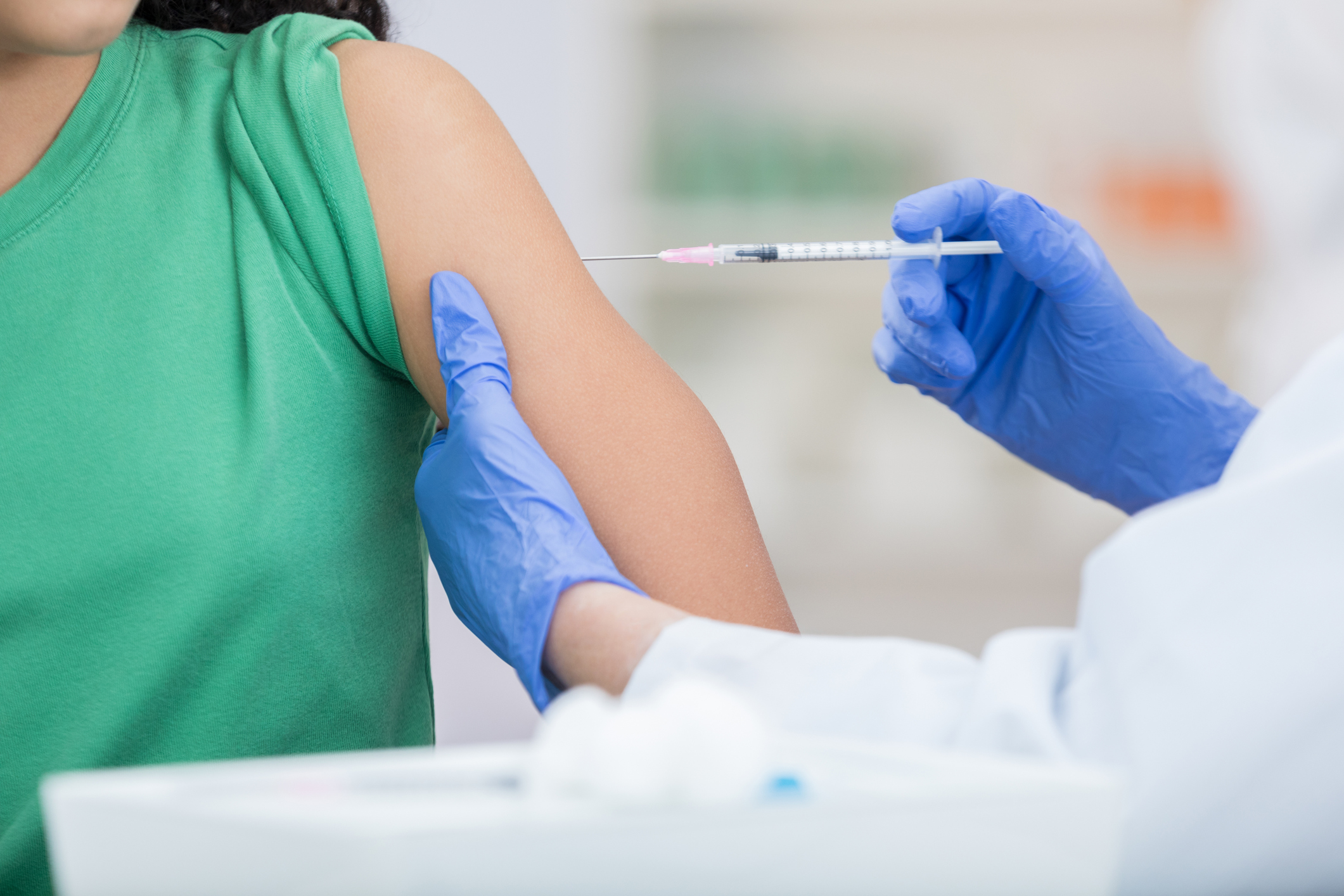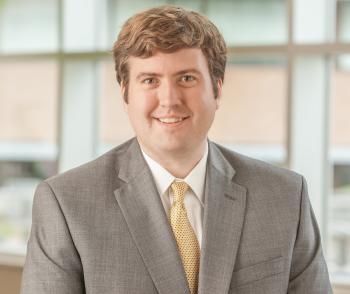HPV vaccine protects young adults against several cancers

The human papillomavirus (HPV) vaccine is safe, effective and provides important cancer protection. It is a routine part of care for everyone between the ages of 9 and 26 years old. Protection from the vaccine is most effective if started between the ages of 11 and 12 years old.
The vaccine protects against cancers caused by human papillomavirus, a very common virus that infects one in four people in the U.S. or about 80 million people, according to the Centers for Disease Control (CDC).
The HPV vaccine prevents against cancer. Contact your primary care doctor to see if your child is eligible to receive the vaccine. To schedule an appointment with one of our primary care doctors, call 800.922.0000.
Every year, 27,000 people get cancers caused by HPV. That’s about one person every 20 minutes, every day, all year long.
HPV is linked to 70 percent of all cervical cancers and 90 percent of genital warts. Other cancers caused by HPV infection include: cancers of the vagina and vulva, cancers of the penis, anus and back of the throat.

While it is best to start the vaccine between the ages of 11 and 12, there is still great benefit to vaccination if you missed the optimal window. The vaccine protects against up to nine HPV strains. So, for adolescents and young adults who may have been exposed to one HPV strain, the vaccination can protect them against the other strains. HPV infection can occur without sexual intercourse.
If the vaccine is started prior to the 15th birthday, two doses are recommended at least six months apart. If the vaccine is started at 15 years or older, three shots will need to be given over six months.
Approximately 79 million doses of HPV vaccine have been distributed since the vaccine was introduced. Side effects from the vaccine are typically mild and may include arm swelling, fever and headache.
Some parents worry that giving their children the vaccine may increase sexual activity among young teens. However, in large population based studies, there has not been any observed increase in sexual activity.


